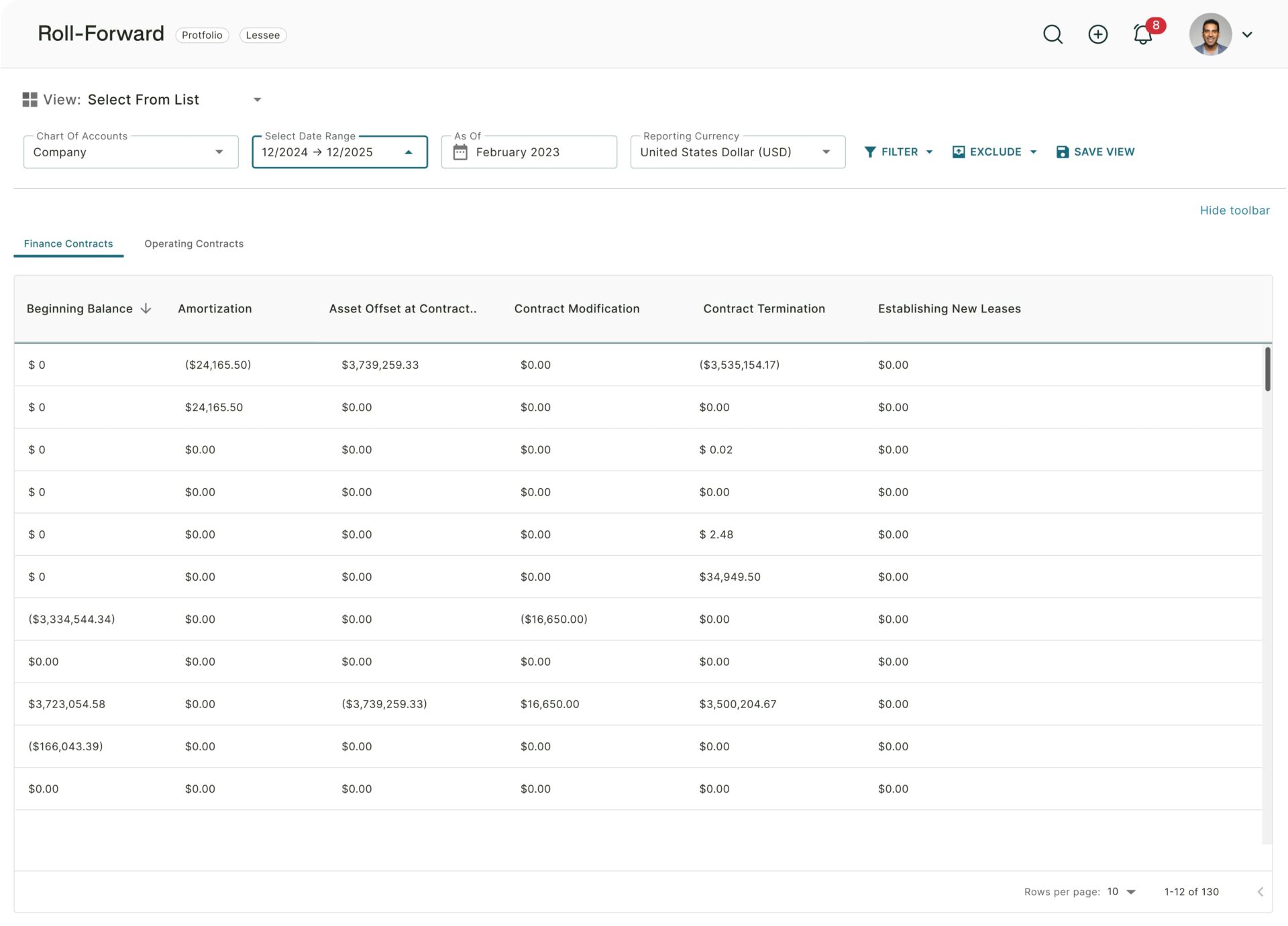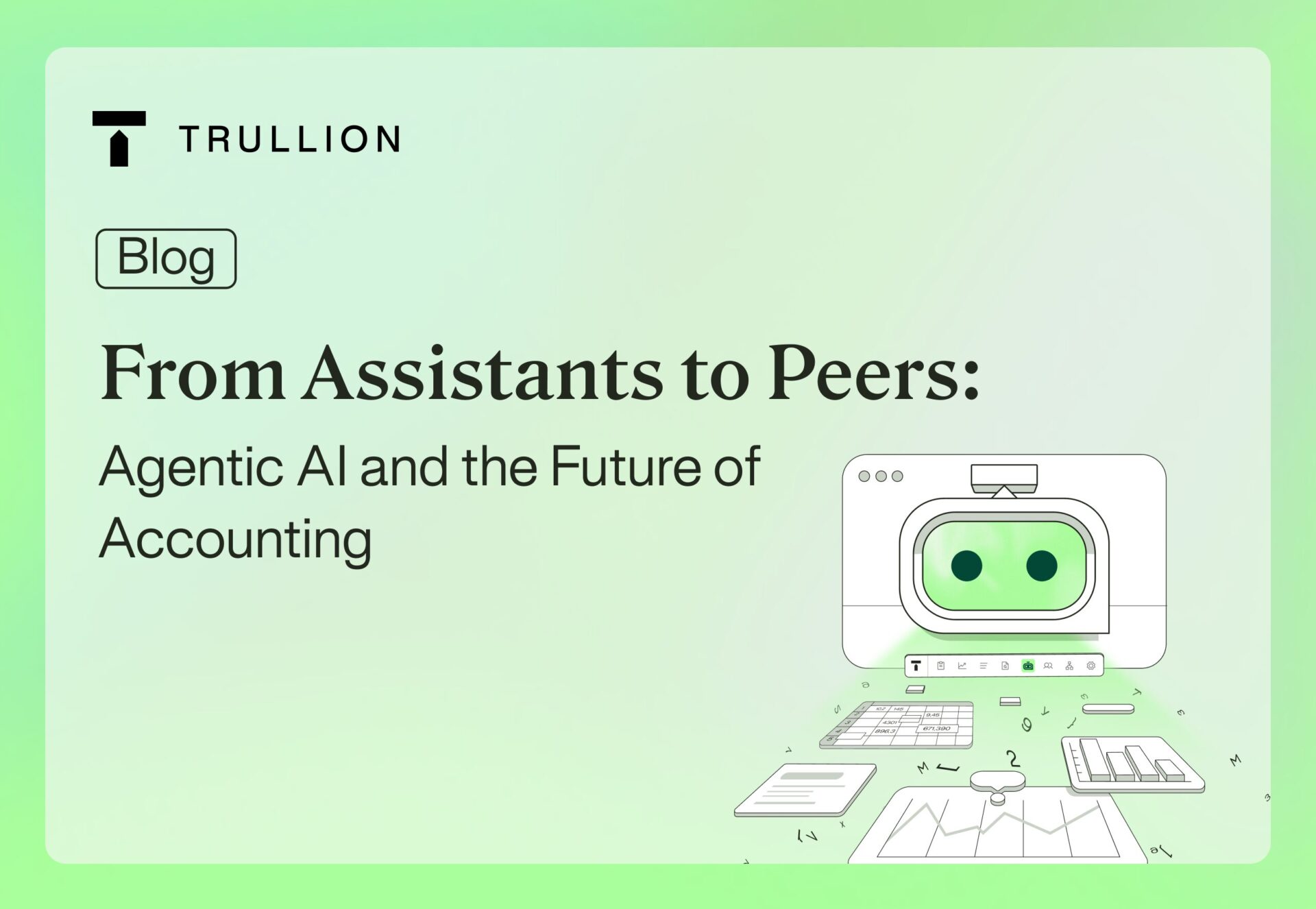In 2025, artificial intelligence is no longer a distant horizon—it’s embedded in our daily professional lives. It’s present in our tools, shaping decisions and guiding processes. But the way we’ve framed AI—up until now—has mostly been about assistance.
From optical character recognition (OCR) to natural language processing (NLP), to large language models (LLMs), we’ve seen AI evolve from data processors into powerful analyzers. Yet, we’ve remained in the era of support, not action. What comes next is something more human. It’s not just artificial intelligence—it’s Agentic AI.
AI’s Shift from support to simulation
Agentic AI marks a turning point. It doesn’t just respond—it initiates. It doesn’t just support—it executes. It doesn’t just understand—it reasons. It represents a full-bodied system that combines knowledge, action, and context. Think of it as a teammate, not a tool. In essence, Agentic AI is AI with a job.
It weaves judgment into workflows, embeds tools into language interfaces, and fuses data access with decision-making. For the first time, we can create systems that simulate the value accountants bring to the table—not just in execution, but in how they think, sequence, and solve.
To understand where this is going, we have to look back. The development of language models—from early generative grammars to transformers and pre-trained LLMs—has given us the core mechanics to mimic understanding. The introduction of ChatGPT in 2022 proved there was a viable, consumer-grade interface for interacting with this intelligence. Yet even that felt incomplete. While these systems could answer questions, they struggled with context. They could generate content but stumbled over accountability. What they lacked was reasoning.
Why reasoning matters
In finance and accounting, reasoning isn’t a luxury—it’s a requirement. Applying IFRS standards, evaluating lease contracts, generating disclosures, and calculating taxes—these are not rote tasks. They require judgment, contextual awareness, and the ability to simulate downstream impact. Agentic AI fills this gap by mimicking not only the task but also the thinking that precedes it. It doesn’t just extract data from a PDF—it asks why that data matters. It doesn’t just flag an inconsistency—it determines its materiality. That’s the shift from automation to simulation.
Agentic AI in accounting
This evolution is especially critical in accounting. The industry has long relied on precision, structure, and trust. But it has also relied on people—on the ability to navigate ambiguity, interpret standards, and synthesize conclusions from complexity. Agentic AI is not replacing these professionals; it’s offering them a new kind of partner—one that operates with autonomy, adaptability, and purpose.
We’re now entering a new era: the rise of Vertical AI.
In contrast to broad, horizontal models built for mass-market use, vertical AI is purpose-built for specific industries. These intelligent systems aren’t just tuned to the nuances of their fields—they’re designed to master them.
Why verticalization matters
In high-precision domains like accounting and finance, generic AI tools, while powerful, often fall short. In accounting, success isn’t just about processing data—it’s about interpreting standards, exercising judgment, and ensuring regulatory compliance. Vertical AI addresses these demands head-on, embedding specialized knowledge directly into its core operations.
The broader market is catching on. The Vertical AI Agents sector—already valued at $5.1 billion—is projected to surge to $47.1 billion by 2030, growing at a 44.8% CAGR. By 2028, Gartner predicts that one-third of enterprise software will include agentic capabilities, directly influencing 15% of business decisions.
Finance and accounting aren’t just ripe for this transformation—they’re leading it.
Accounting needs more than automation
Historically, AI systems operated like fragments of the human experience. Co-pilots and chatbots acted as “heads,” interpreting but not doing. Robotic process automation (RPA) tools were like “hands,” executing tasks but lacking understanding. Data lakes offered “feet”—access without direction.
Agentic AI unites them:
- Judgment (the head) is woven into workflows.
- Tools (the hands) are embedded in intelligent interfaces.
- Data access (the feet) is dynamically fused with action.
This enables systems that don’t just simulate how accountants work—they simulate how accountants think. Agentic AI doesn’t just extract data from a lease contract; it understands the implications for ASC 842 compliance. It doesn’t just flag inconsistencies; it evaluates materiality and advises on next steps.
This is the leap from automation to cognitive simulation—and it’s especially powerful when paired with vertical expertise.
A new kind of partner for finance
In accounting, judgment is everything. Applying IFRS or ASC standards, evaluating contracts, generating disclosures, reconciling data—these aren’t rote tasks. They require understanding, foresight, and the ability to anticipate downstream impact.
Vertical Agentic AI fills this gap, offering not just execution but intelligence:
- Automating complex decision trees.
- Applying policy logic to dynamic real-world scenarios.
- Cross-referencing ERP data with contracts and reconciliations.
- Generating and validating financial statement disclosures.
Already, the momentum is undeniable. A 2024 KPMG report found that 71% of organizations are now using AI in their finance operations, with 41% employing it to a moderate or large degree. Finance leaders are no longer asking whether AI can help—they’re demanding AI that understands their world.
The future of accounting is vertical
At Trullion, we believe Vertical Agentic AI will define the next chapter of accounting.
Not by replacing professionals—but by elevating them. By expanding their capacity. Enhancing their strategic insight. Increasing their accuracy and efficiency.
Vertical AI is the future because accounting, like so many critical industries, demands more than general intelligence—it demands deep, specialized understanding.
As we move forward, the most valuable AI systems won’t be the ones that know a little about a lot. They’ll be the ones that know everything about you—your standards, your challenges, your workflows.
The future of accounting belongs to AI that is not just smart—but accounting smart.





